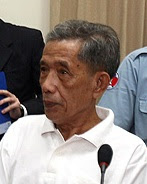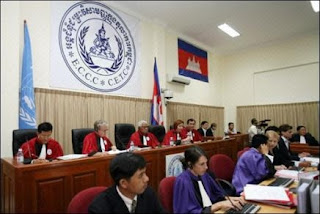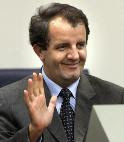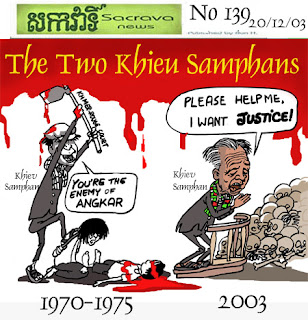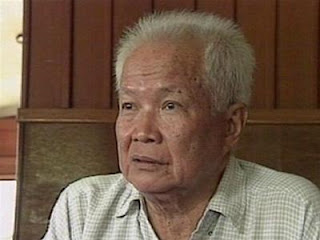ECCC: December 3, 2007 -- the Pre-Trial Chamber Is Set to Answer the Multiple Questions of Duch's Detention
Dear all:
We have an important notice to inform you that the Pre-Trial Chambers of the Extraordinary Chambers in the Courts of Cambodia will announce the Verdict of Kaing Gueck Eav known as Duch on Monday 03 December 2007 at 1400. You are warmly invited to participate in the process.
Please read detail information in Khmer and English in the file attachment.
Thanks and cheers, Sambath.
Reach Sambath
Presss Officer
Extraordinary Chambers in the Courts of Cambodia
Tel: (855) 12 891 567
Fax: (855) 23 219 841
Email: reach.sambath@eccc.gov.kh, reachsambath@hotmail.com
